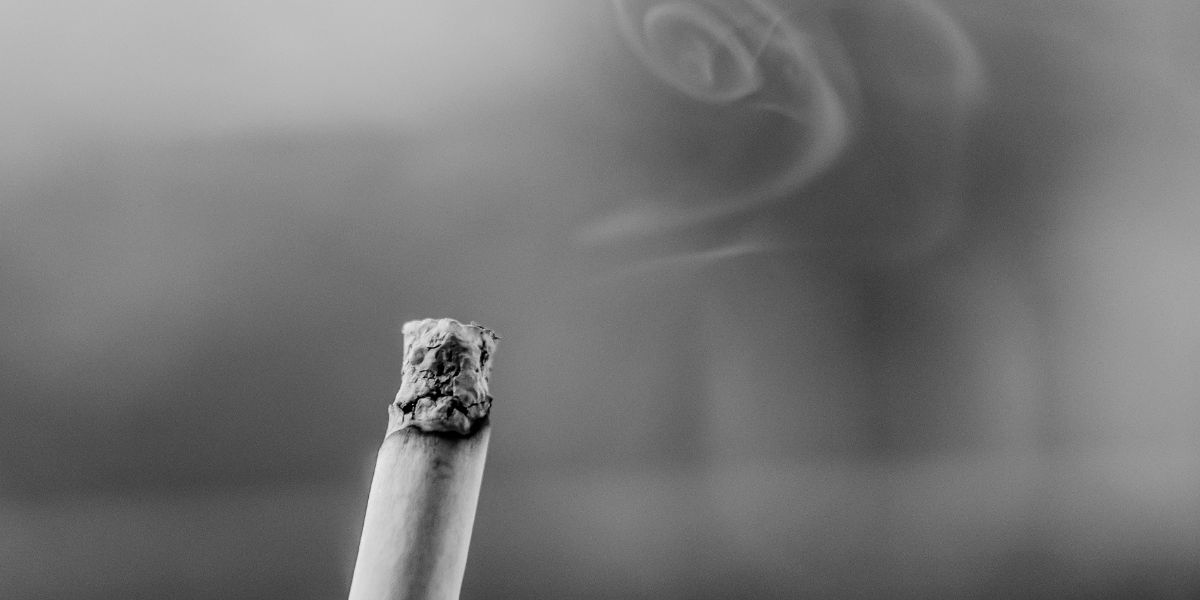Smokers would agree that nicotine withdrawal makes it very difficult to quit smoking. Smoking is very expensive and dangerous to one’s health, but the smoker’s addiction to nicotine is what keeps them hooked to the habit.
How long does the withdrawal symptoms last?
Nicotine withdrawal peaks on the first and second weeks of quitting. Four hours after your last cigarette the withdrawal symptoms start to kick in and peaks on the third to fifth day. This happens because of the physiological dependence of your body to nicotine, and your body becomes uncomfortable in its absence. Although most of the symptoms wear off after three days, smokers would normally feel nicotine cravings from time to time especially when confronted by certain situations. Psychological withdrawal last longer than the physiological withdrawal, it normally last for months and even years after you quit smoking.
Acute nicotine withdrawal symptoms include:
- Depression and anxiety. Nicotine withdrawal can increase anxiety and depression; it peaks on the first few days after you quit smoking, but wears off on the third day and the days thereafter.
- Gastrointestinal issues. Nicotine affects your appetite and digestion. Withdrawal from nicotine can cause constipation or diarrhea.
- Irritability. During the first week of quitting smoking, smokers can experience short-temperedness. Small things can lead to a total snap. Luckily, this is only temporary, but you may want to give your family a heads up.
- Flu-like symptoms. You may feel symptoms like sinus congestion and pressure, cough, tightness in the chest, sore or dry throat, and sweating.
- Headaches. Most smokers would suffer from headaches during their withdrawal from nicotine. Researchers are still debating on the real cause of the headaches but some studies suggest that it is somehow connected to the effects of nicotine on the blood vessels leading to the brain and these changes in the blood vessels is often associated with headaches.
- Concentration problems. Somehow, smoking can help improve your concentration, but it is too minimal to outweigh the negative effects of smoking. In the same way, you may find it harder to focus when undergoing nicotine withdrawal.
- Insomnia. Nicotine is a potent psychoactive drug. It can disturb your sleep pattern. As a stimulant it has the ability to keep you awake. But despite the fact that you might momentarily feel sleepier without nicotine, it is still not possible to easily fall asleep because of the different nicotine withdrawal symptoms. This will pass too.
- Intense cravings. The psychological habit that you have developed through the years of smoking makes you more addicted to smoking. And when reinforced by nicotine, the more you will crave for cigarettes. And because nicotine doesn’t stay too long in your body, you’ll crave for it as soon as possible.
Trying to wean off nicotine can be very uncomfortable. The urge to smoke can be too strong that a smoker may unknowingly dig a cigarette and light up. But eventually, the intensity of withdrawal symptoms will slowly wear off. So it is essential that you hold on and never give up just because of the initial effects of withdrawing from nicotine.




